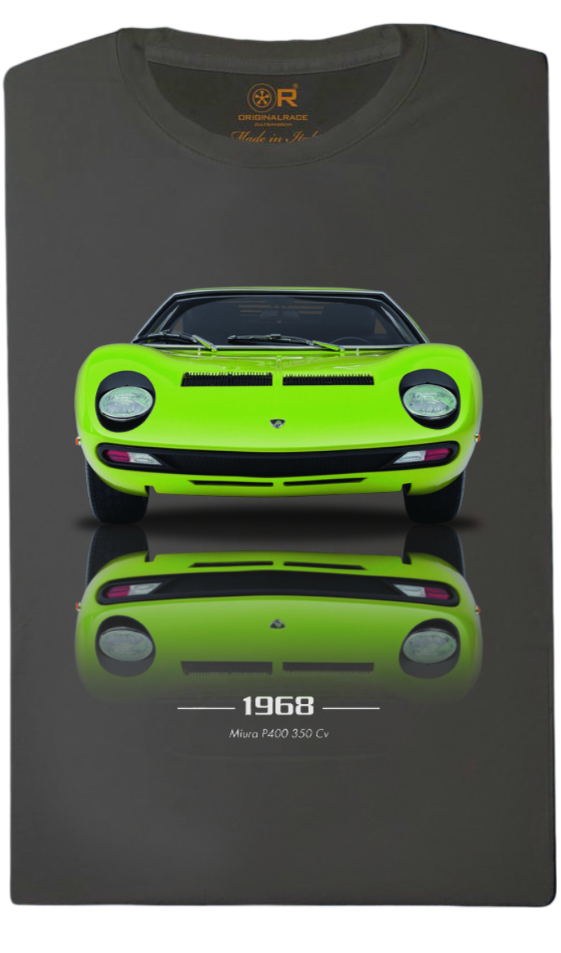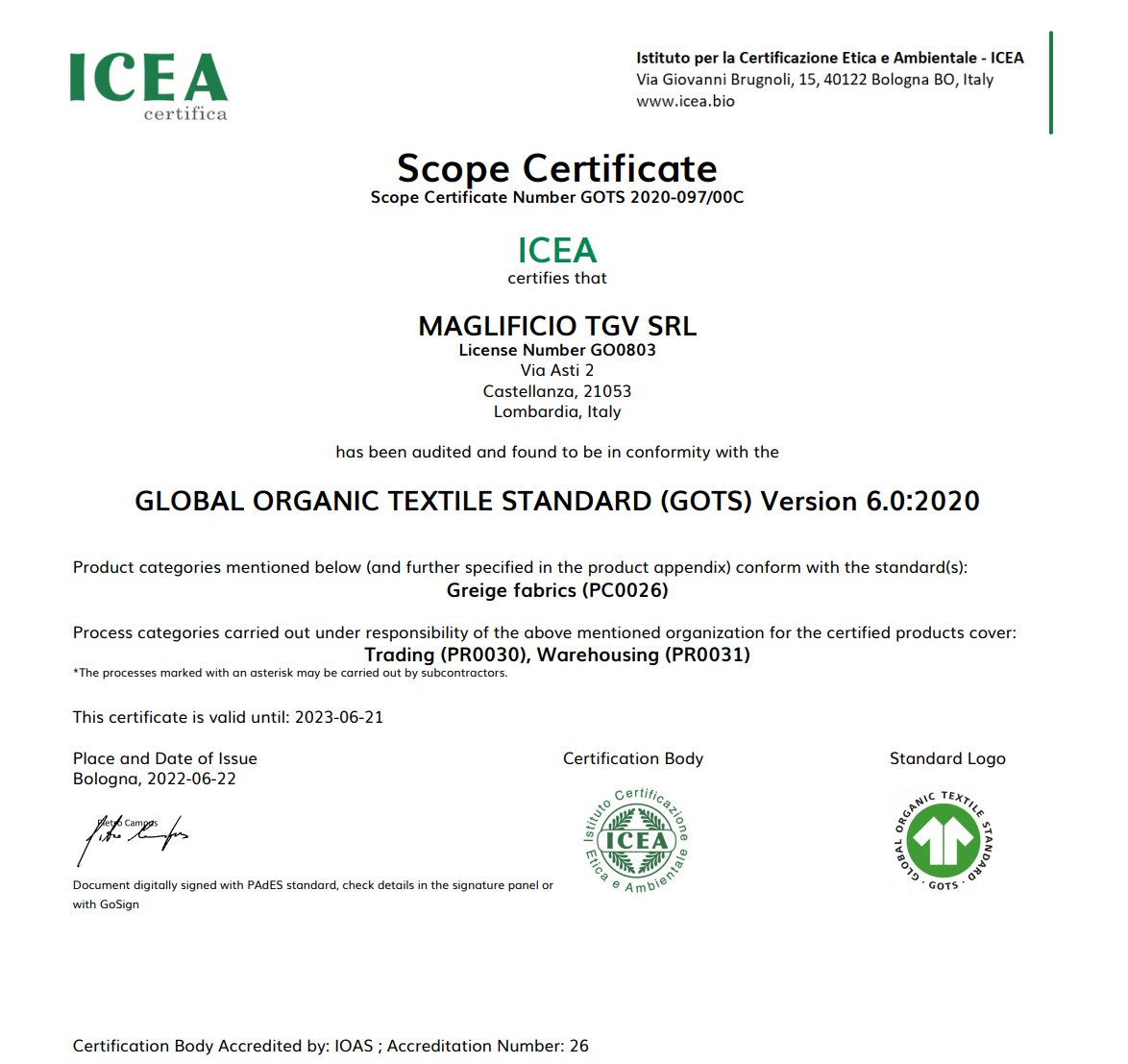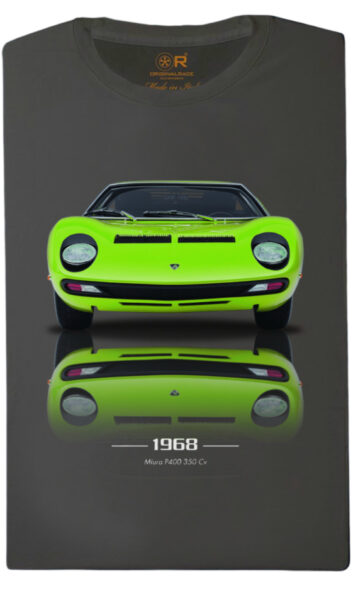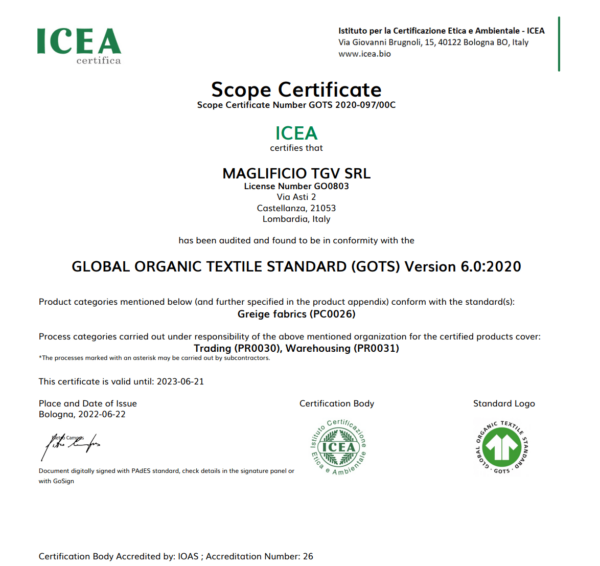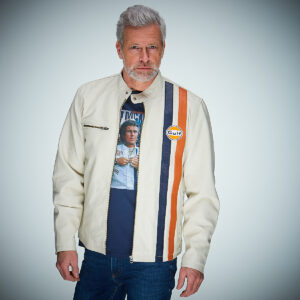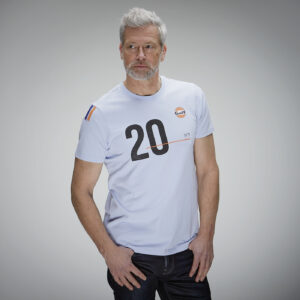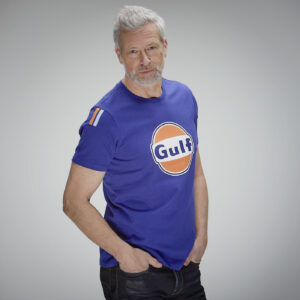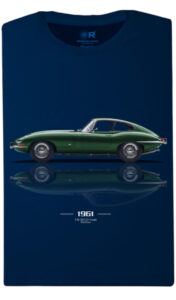Lamborghini Miura – The World’s First Supercar and Its Timeless Legacy
Few cars have left a mark on the automotive world quite like the Lamborghini Miura. Born in the 1960s, this iconic vehicle is more than just a car; it’s a symbol of power, elegance, and innovation. The Lamborghini Miura redefined performance vehicles, setting the stage for what we now know as the modern supercar. Renowned for its revolutionary design and groundbreaking engineering, the Miura continues to capture the imagination of car enthusiasts and collectors worldwide. But what makes the Lamborghini Miura so special, and how did it become an enduring legend?
The Genesis of the Lamborghini Miura: How It All Began
The story of the Lamborghini Miura starts with Ferruccio Lamborghini, who, dissatisfied with existing sports cars, sought to create a vehicle that would outshine its contemporaries. In 1966, Lamborghini unveiled the Miura, a car designed by engineering prodigies Gian Paolo Dallara, Paolo Stanzani, and Marcello Gandini, which became an instant sensation. The Miura’s innovative mid-engine layout, unusual at the time, optimised weight distribution, providing unprecedented handling and performance. This groundbreaking design set a new benchmark for supercars, cementing Lamborghini’s place as a pioneer in automotive engineering.
The Design of the Lamborghini Miura: Where Beauty Meets Functionality
A standout feature of the Lamborghini Miura was its breathtaking design. Marcello Gandini, the designer behind the Miura, achieved a look that blended sensual curves with aggressive details, giving the car a captivating and unmistakable presence. From its low, sleek profile to its “eyelash” headlight detailing, every element of the Miura’s design was intended to leave an impression. The use of a monocoque chassis—a rarity in the 1960s—further showcased Lamborghini’s commitment to innovation. Even decades later, the Lamborghini Miura remains a masterpiece of automotive design, often described as “rolling art.”
The Performance of the Lamborghini Miura: Powering the Supercar Revolution
Under the hood, the Lamborghini Miura was just as impressive as it looked. Equipped with a transverse-mounted V12 engine, the Miura delivered outstanding power, reaching a top speed of over 170 mph—extraordinary at the time. The engine’s placement behind the driver was revolutionary, offering improved balance and a driving experience that thrilled even the most seasoned enthusiasts. Lamborghini’s engineering feat with the Miura proved that performance could go hand-in-hand with beauty, and it laid the groundwork for every supercar that followed. The Lamborghini Miura’s blend of speed, power, and handling has made it an enduring symbol of automotive excellence.
The Lamborghini Miura is more than a car; it’s a cultural icon that broke conventions and set the standard for what a supercar should be. Its legacy lives on, inspiring new generations of automotive designers and car lovers around the world. The Miura’s revolutionary design, powerful engine, and lasting impact on the supercar industry make it one of the most important vehicles in automotive history. For car enthusiasts, the Lamborghini Miura remains a testament to innovation, artistry, and the relentless pursuit of perfection.


